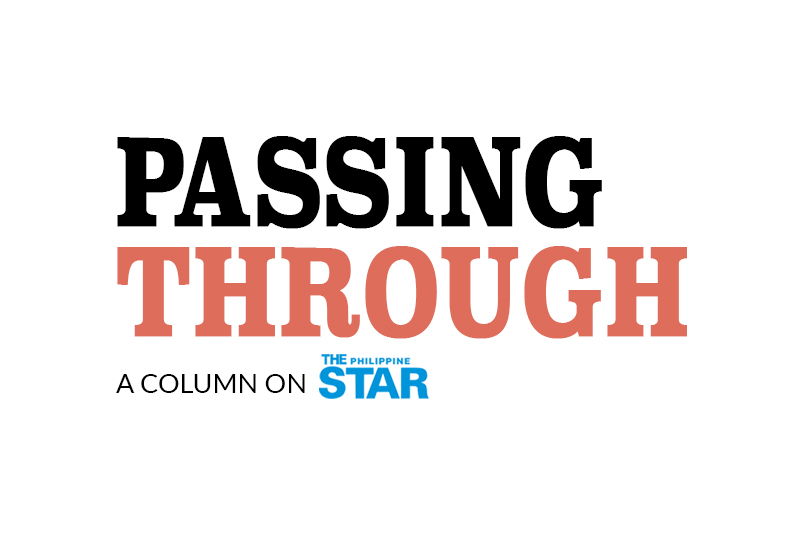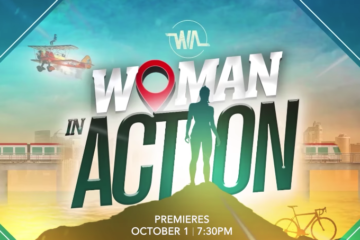by Peachy Vibal-Guioguio
media.Xchange President & The Philippine Star Columnist
The first time I visited Copenhagen, I was amazed at the huge number of people who took to the streets on their bicycles. Cyclists zoom past you with the agility and deftness of expert riders as bicycling is one of their major means of transportation. Denmark, I have read, is a cycling nation and is known to produce the best Olympic cyclists in the world. Right beside my hotel was a bridge exclusively for bikes and from my window, I watched the locals zip past on their bikes to and from their workplace. As I moved to the rest of Scandinavia on that trip, this scenario was repeated all over and I got used to seeing more bicycles on these countries’ major city streets than cars.
Now back to our quarantined roads and streets, the subject of biking has become more relevant than ever. Take the case of Jumar Tucay, a construction worker, who has been furloughed from work since March 15 when the ECQ in Manila was implemented. Last week, he got a call from his manager to report to work on May 18 otherwise, they will have to find a replacement. With the new policies and guidelines regarding transportation, Jumar appealed on FB for a bicycle he could borrow. One good Samaritan responded to his plea and donated a bike for his use. “I live in Sampaloc and our construction site is in Quezon City. I was very much worried about losing my job because I have two very young children and a wife to feed,” said Jumar in the vernacular. The gift of a bicycle was indeed a blessing.
According to the group #MoveAsOne in a manifesto, “Eighty-eight percent of households who are not rich enough to own cars are in danger for their mobility and safety post-COVID 19.” Because of inadequate public transport, millions will be affected and the economy will be in danger and will push the country deeper into recession, they said. Robert Siy, Jr., one of the proponents of #MoveAsOne and a public transport advocate, in an interview cited the new mandate reducing the capacity of PUVs to transport passengers by 50 percent. He also specifically mentioned MRT 3 which is ordered to accommodate 45,000 to 50,000 commuters from the pre-COVID of 350,000 people a day.
Thus, with severely reduced passenger loads, many transport operators will be significantly impacted and half of them would probably just decide to stop operations due to losses, according to experts. Given these new guidelines, people who own cars or motorbikes will be forced to use their vehicles which will once again clog the major thoroughfares of the city. Imagine having to go through the nightmare once again of crawling through EDSA at 5 kilometers per hour which was the case before the lockdown? This, and other scenarios such as a second wave of infections due to jostling of commuters for a limited ride, loss of income for affected transport operators, or even workers being laid off because of their inability to report for work, await us if these transport issues are not adequately addressed.
Part of #MoveAsOne proposals include creating better and safer conditions for all by investing P110 billion in active transport infrastructure such as wider sidewalks, dedicated bike lanes, urban shade trees, and safe, walkable streets. In fact, even ahead of this initiative, the ever-active and progressive Mayor of Pasig City, Vico Sotto, has already declared biking as an essential mode of transportation through a city-wide Department Executive Order 18 series of 2020, allowing bicycle shops and businesses primarily engaged in the repair and maintenance of bicycles to operate amid the lockdown. Bicycle lanes have also been constructed in the city allowing cyclists to safely maneuver through Pasig City’s streets to get them to their places of destination, according to the good mayor.
Having seen the advantages of biking in the European countries I have visited, I would like to advocate for this alternative mode of transportation as certainly there are overwhelming studies on the merits to riding a bicycle. But for me, it is simply because: 1) would help alleviate the transportation woes of our people, majority of whom belong to the working class; 2) it is economically viable; 3) it is good for the health as we need to exercise to keep our immune cells active which is what we need to fight off the COVID infection. As for Junmar, who is now ready to report for work in his bike this week, his only request is for the government to make the roads safer for him and the other bikers who are facing the hazards of our road networks in order to provide for their family.
Original Story in Wheels PH




